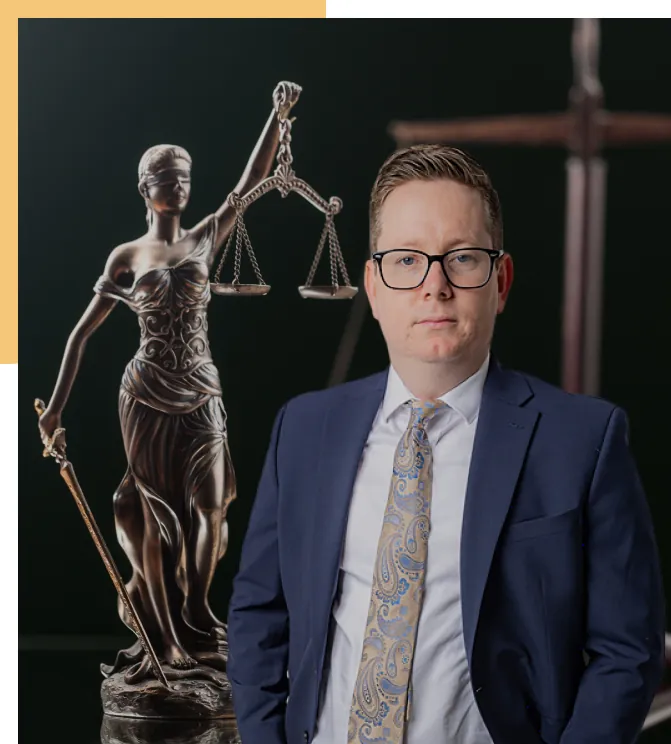
Oops! That page can’t be found.
It looks like nothing was found at this location. Feel free to return to our homepage by clicking the button below.
OK

It looks like nothing was found at this location. Feel free to return to our homepage by clicking the button below.
OK